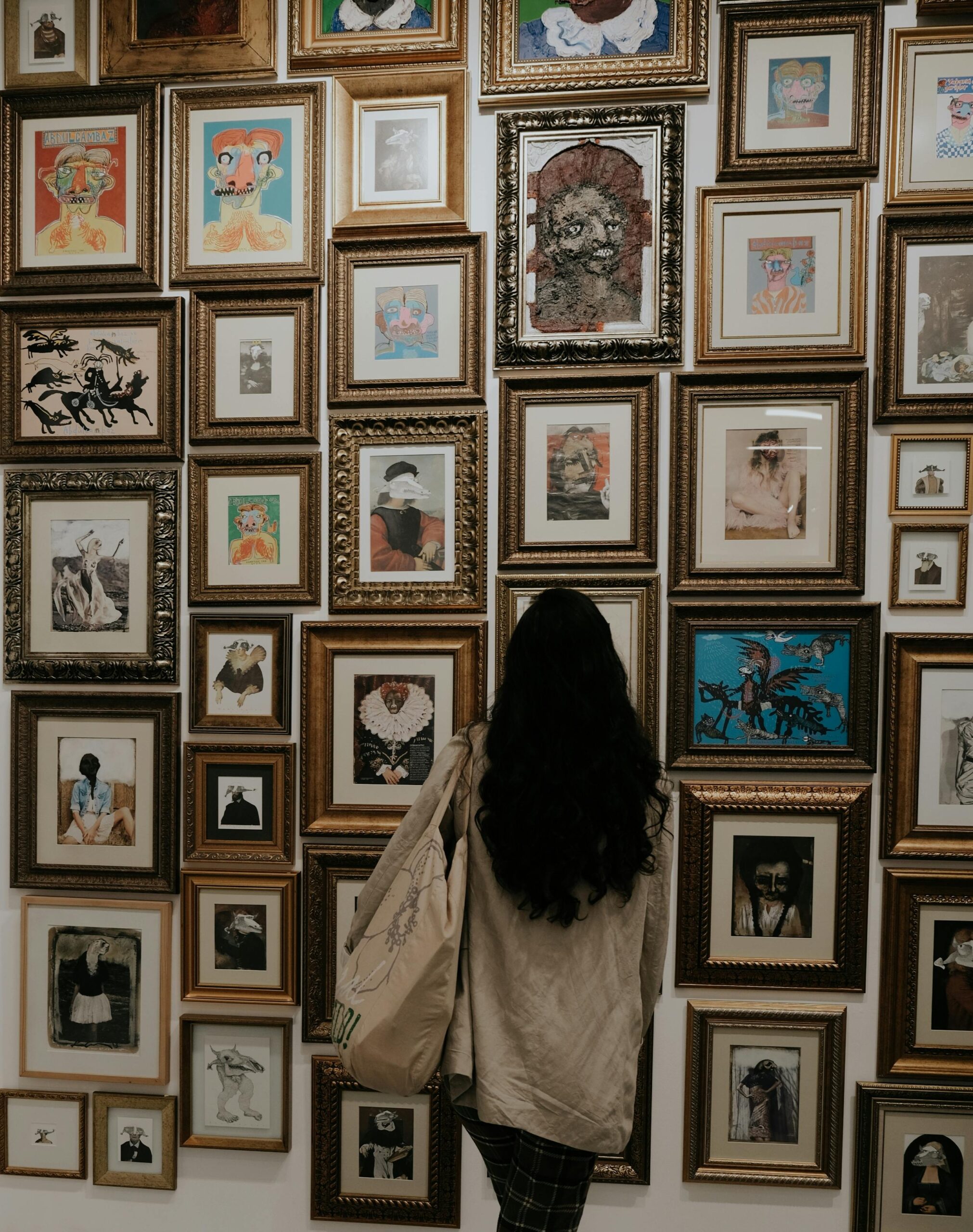In a world where travel has become synonymous with exploration and self-discovery, the concept of luxury travel has evolved beyond opulent accommodations and lavish amenities. Today, discerning travelers seek more than just a comfortable stay; they crave a profound connection with the destinations they visit. This has given rise to a new paradigm in luxury travel – one that revolves around cultural immersion. In this article, we will delve into the allure of luxury travel for cultural immersion, exploring the ways in which it elevates the travel experience to new heights.
The Essence of Luxury Travel:
Luxury travel transcends the boundaries of conventional tourism, offering an experience that goes beyond the superficial. It is not merely about extravagant hotels and Michelin-starred restaurants; rather, it is a holistic approach to travel that encompasses authenticity, exclusivity, and a deep appreciation for the cultural tapestry of a destination.
Cultural immersion through luxury travel is not a one-size-fits-all concept. It is a bespoke journey crafted to cater to the unique tastes and preferences of the traveler. Whether it’s a private guided tour through ancient ruins, a culinary expedition led by a local chef, or an exclusive invitation to a traditional ceremony, luxury travel seeks to provide an intimate and meaningful encounter with the essence of a place.
The Appeal of Cultural Immersion:
At the heart of luxury travel for cultural immersion lies the desire to connect with the soul of a destination. It’s about stepping beyond the tourist façade and experiencing a place on a personal, authentic level. This appeal is rooted in the belief that genuine connections with local traditions, people, and history can transform a trip into a transformative and enriching experience.
One of the primary motivations for travelers seeking cultural immersion is the quest for authenticity. Luxury travelers are no longer content with surface-level encounters; they crave genuine interactions that allow them to understand the intricacies of a culture. This desire for authenticity has led to a shift in the way luxury travel experiences are curated, focusing on meaningful engagements rather than superficial indulgences.
Curating Bespoke Experiences:
In the realm of luxury travel, personalization is key. The discerning traveler seeks more than a generic itinerary; they desire a journey tailored to their specific interests and passions. This trend has given rise to travel advisors and concierge services specializing in curating bespoke experiences that facilitate cultural immersion.
From attending private performances by local artists to participating in exclusive workshops with artisans, luxury travel experiences are designed to provide an insider’s perspective. These curated encounters not only allow travelers to witness the richness of a destination but also create lasting memories that go beyond the confines of a typical vacation.
Luxury Accommodations as Cultural Gateways:
While cultural immersion is about experiences, the role of accommodations in luxury travel should not be underestimated. Luxury hotels and resorts have evolved beyond being mere places to stay; they have become cultural gateways that offer a seamless blend of opulence and local authenticity.
Many luxury properties now collaborate with local artists and craftsmen to infuse elements of the destination’s culture into their design. From bespoke furnishings created by indigenous artisans to immersive cultural programs within the hotel premises, these accommodations serve as an extension of the destination’s heritage. Staying in such establishments allows travelers to immerse themselves in the local ethos without compromising on comfort and luxury.
Culinary Experiences: A Gateway to Culture:
One of the most potent avenues for cultural immersion is through the palate. Luxury travel often revolves around culinary experiences that showcase the diversity and richness of a destination’s gastronomic heritage. From exclusive dining events with renowned chefs to intimate cooking classes with local culinary experts, food becomes a conduit for understanding the essence of a culture.
In some cases, luxury travelers are provided access to private kitchens, where they can interact with chefs, learn traditional recipes, and savor dishes prepared with locally sourced ingredients. This intimate engagement with the culinary arts not only tantalizes the taste buds but also deepens the traveler’s connection with the cultural fabric of the destination.
Preserving Cultural Heritage:
Luxury travel, when approached with a conscientious mindset, can also play a role in the preservation of cultural heritage. Many destinations grapple with the challenges of modernization and globalization, leading to the erosion of traditional practices and historical sites. Luxury travelers, often more aware of their impact, contribute to the conservation efforts through sustainable tourism initiatives.
This conscientious approach to luxury travel involves supporting local communities, patronizing artisans and craftsmen, and contributing to initiatives that safeguard cultural landmarks. By fostering responsible tourism practices, luxury travelers become stewards of cultural preservation, ensuring that future generations can also revel in the richness of these unique destinations.
Challenges and Opportunities:
While luxury travel for cultural immersion offers unparalleled experiences, it is not without its challenges. Striking a balance between luxury and authenticity can be a delicate dance, with the risk of experiences becoming overly curated or commercialized. Maintaining the delicate equilibrium between exclusivity and genuine cultural encounters is an ongoing challenge that requires careful consideration from both travelers and industry stakeholders.
However, these challenges also present opportunities for innovation and creativity within the luxury travel sector. Collaborations with local communities, sustainable tourism initiatives, and the integration of cutting-edge technology to enhance cultural experiences are just a few avenues where the industry can evolve to meet the demands of the modern luxury traveler.
Conclusion:
Luxury travel for cultural immersion is a multifaceted journey that goes beyond the confines of traditional tourism. It is a quest for authenticity, a desire to connect with the heart and soul of a destination. As travelers seek more profound and meaningful experiences, the luxury travel industry is evolving to meet these demands, offering bespoke encounters that foster a genuine connection with diverse cultures.
The allure of cultural immersion through luxury travel lies in its ability to transform a vacation into a transformative exploration of history, traditions, and human connections. By embracing the ethos of responsible tourism, luxury travelers have the power to not only indulge in opulence but also contribute to the preservation of the world’s cultural heritage. In the end, luxury travel for cultural immersion is not just a journey; it is an investment in the enrichment of the mind, the spirit, and the collective tapestry of our global heritage.





